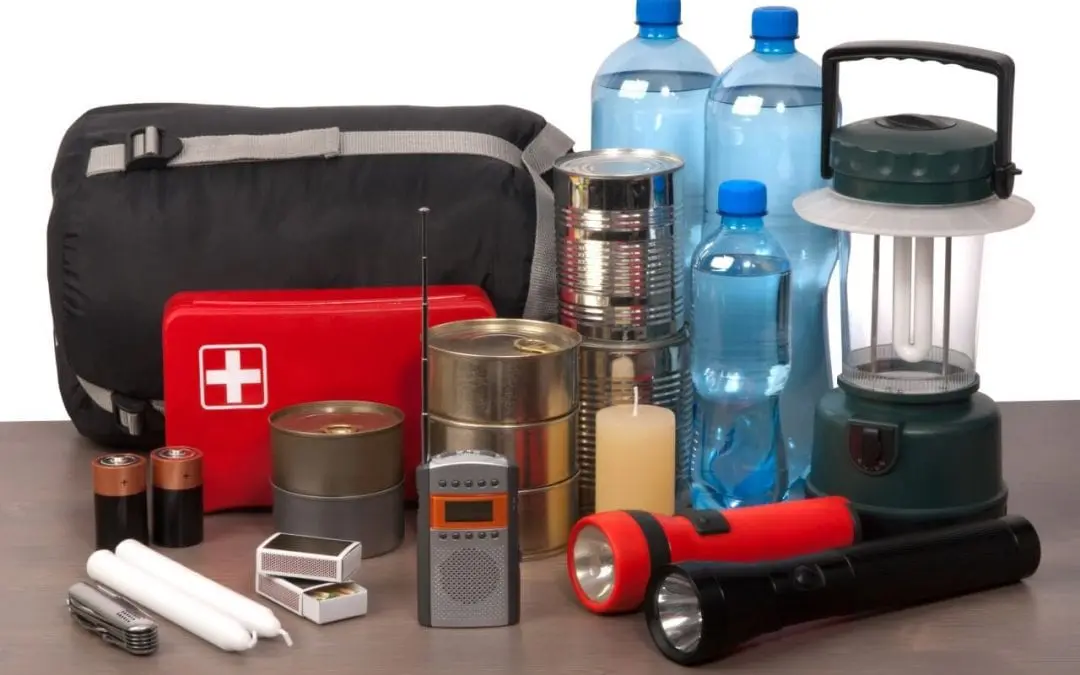Your home should be a sanctuary where you and your loved ones relax and enjoy downtime. To preserve this sense of security, here are some home safety essentials that will help keep your family safe in your home.
1. Form a Disaster Plan
The first step in improving home safety is to create a disaster plan with your family.
Learn about what types of natural disasters are common in your area and write or print out the proper steps to deal with them. Your emergency plan should also cover any special needs that family members might have and maps of evacuation routes.
2. Smoke Detectors are Home Safety Essentials
Early warning is key when it comes to keeping yourself and your loved ones safe in the case of a house fire. Install detectors throughout your home so that you’re notified at the first sign of smoke or fire. There are different detectors on the market, including single devices that detect both carbon monoxide and smoke. Follow instructions on where to place smoke detectors and test the batteries regularly.
3. Safety Essentials Include Fire Extinguishers in the Home
Set up a fire safety point or two in your home with a fire extinguisher to smother flames. Make sure that your family members know how to use them and that your fire extinguishers are up to date so that they’ll perform properly when needed.
4. Have a First Aid Kit on Hand
Home safety isn’t just a matter of preventing house fires or responding to natural disasters. It might be as simple as dealing with an injured toe or a cut finger. Many household accidents are minor and you can handle them yourself with proper supplies.
Be prepared with a fully stocked first aid kit. Purchase a pre-made first aid kit at your local drugstore or online. If you stock your own, be sure to include items such as rubbing alcohol, sterile gauze, band-aids, protective cream, and allergy response tools such as Benadryl or epi-pens.
5. Keep Disaster Kits Stocked
Part of your emergency plan may include grabbing a few items and leaving immediately in the event of a mandatory evacuation. If a big storm hits and you lose power, you’ll need things like water and emergency food rations. Keep a change of clothes that you can layer according to the weather, a battery or crank radio, flashlights, pet food, and personal toiletry items in your disaster kit.
Be Prepared With Home Safety Essentials
Nothing will give you peace of mind like being well-prepared ahead of an emergency situation. Write up a disaster plan especially for you and your family. Place a laminated copy of your emergency plan next to your fire extinguisher and keep a well-stocked disaster kit nearby.
Be proactive by installing smoke and CO detectors in your home and have a complete first aid kit on hand for common household accidents.
Professional Inspection Network provides home inspection services to Los Angeles and the surrounding areas. Contact us to schedule an appointment.

